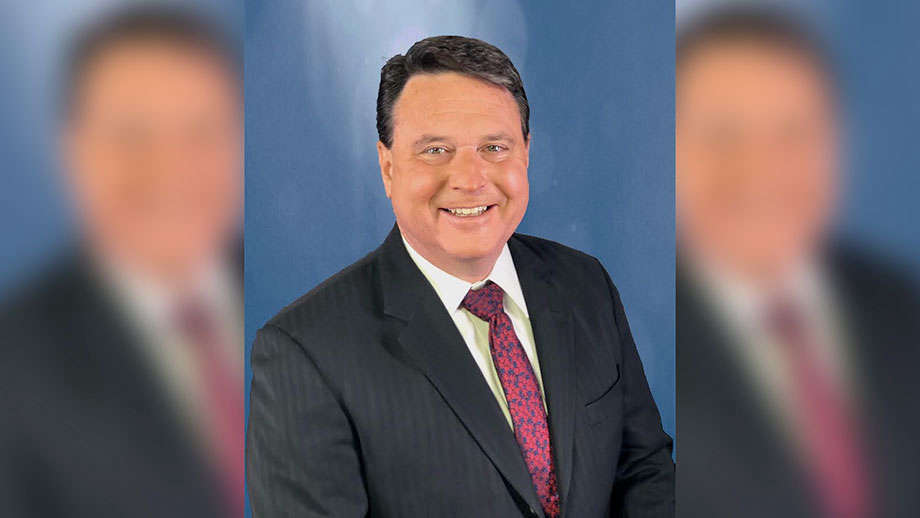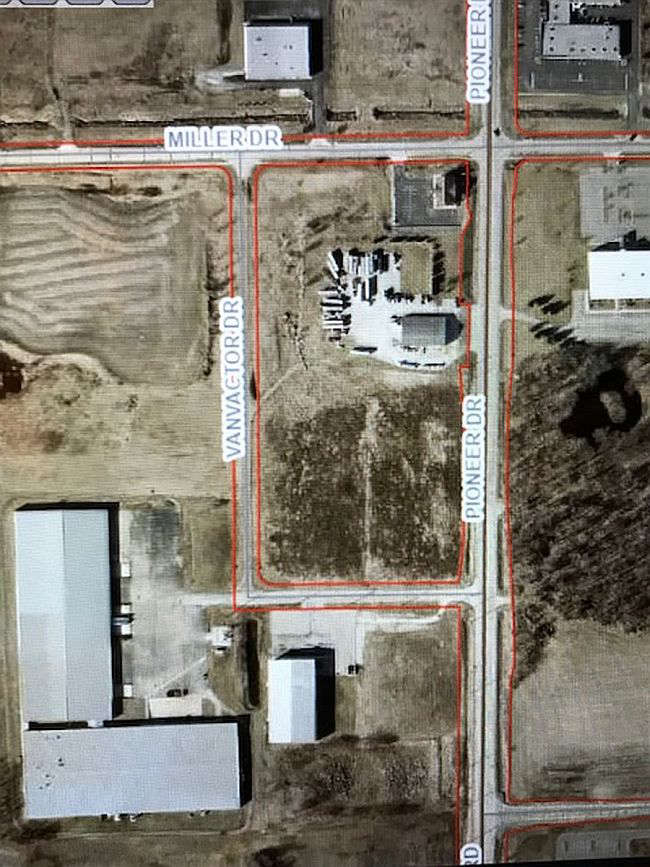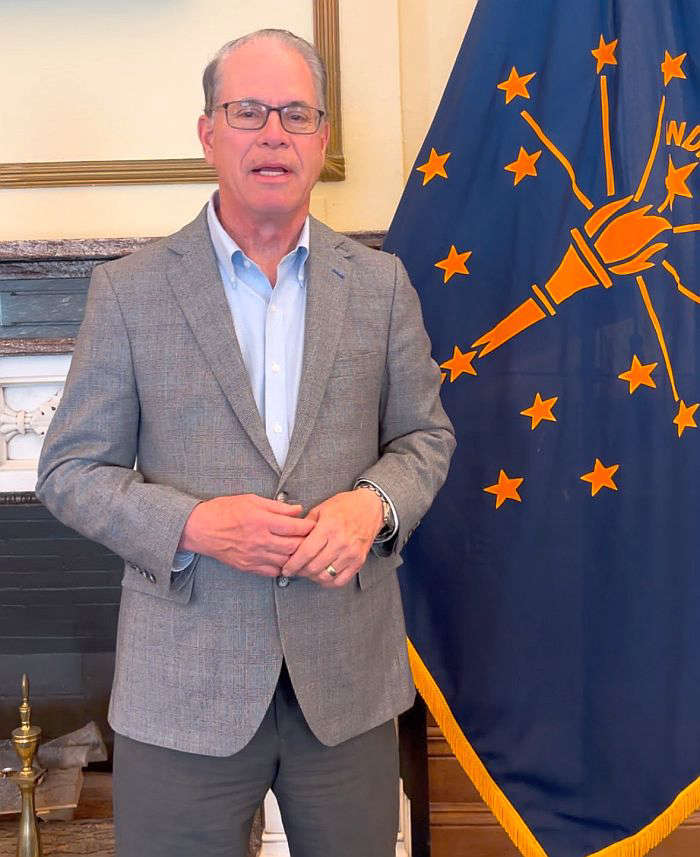
Attorney General Todd Rokita is co-leading a 14-state lawsuit against the Federal Communications Commission's (FCC’s) new rule that could limit phone calls for inmates and prevent local police from performing one of their most basic functions — investigating and preventing crimes by surveilling inmate calls.
By capping the cost for inmates far below any reasonable level, the FCC will impose new costs on taxpayers and deprive state and local authorities of many safety benefits that come from allowing inmates access to audio and video calls. The FCC’s new rule would likely force some jails to eliminate such services altogether — directly undermining the goal of expanding inmate access to calls that the FCC claims it is pursuing.
“Federal bureaucrats at the FCC are trying to dictate to our local sheriffs and state prison administrators how to manage their prison facilities,” Attorney General Rokita said. “Their unlawful tampering runs a very real risk of making our jails and therefore our communities less safe. That’s why we’re stepping forward to protect the interests of sheriffs, correctional officers, the Indiana Department of Correction and all Hoosiers to challenge this rule and defend common sense.”
Attorney General Rokita’s multistate challenge seeks the reversal of unlawful regulations that, among other things, impermissibly intrude into how state and local prisons and jails provide communication services to inmates. The feds’ new inmate phone call rules threaten to dismantle the monitoring of inmate communications — a valuable investigative tool available to local law enforcement.
Granting inmates’ access to communication services — which include both calls and other online services accessible by tablets, such as legal resources and religious materials — helps reduce violence and other disruptive behavior in inmate populations. By monitoring inmate calls, facilities are also able to identify suicide risks and criminal activity and gather information that can help solve crimes. Providing communication services for inmates has become a vital tool that state and local authorities rely on to keep inmates and the public safe.
By issuing this rule, the FCC has far exceeded its statutory authority to regulate inmate communication services and ignored important safety and economic considerations that should have guided the agency’s decision making.
Attorney General Rokita is co-leading this lawsuit with Arkansas Attorney General Tim Griffin. The 14 states will detail their arguments upon filing their opening brief later this year.


 Board of Public Works & Safety confronted on VanVactor Drive name change, asked to change it back
Board of Public Works & Safety confronted on VanVactor Drive name change, asked to change it back
 County Police arrest Grand Rapids man for driving without a license
County Police arrest Grand Rapids man for driving without a license
 66-year-old Plymouth man arrested for intentionally driving without a license
66-year-old Plymouth man arrested for intentionally driving without a license
 Bourbon teen arrested, driving 102 MPH on U.S. 30
Bourbon teen arrested, driving 102 MPH on U.S. 30
 Marshall County Communiity Foundation awards spring 2025 grants
Marshall County Communiity Foundation awards spring 2025 grants
 Become a lifesaving volunteer by giving blood with the Red Cross
Become a lifesaving volunteer by giving blood with the Red Cross
 Motorists: stay alert and share the road with farm equipment this spring
Motorists: stay alert and share the road with farm equipment this spring
 Governor Braun Announces Partnership between Indiana Excise Police, Indiana State Police to crack down on crime involving ‘nuisance bars’
Governor Braun Announces Partnership between Indiana Excise Police, Indiana State Police to crack down on crime involving ‘nuisance bars’




